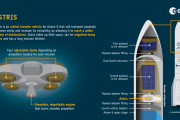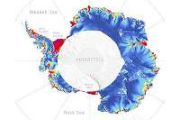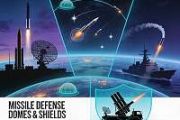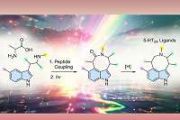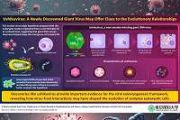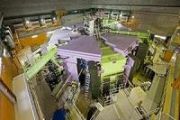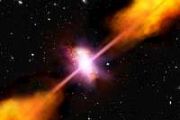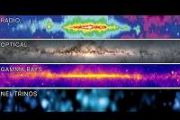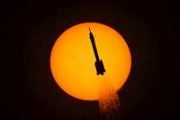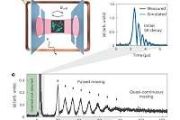
Copernical Team
NASA, SpaceX Reviewing Commercial Crew Rotation Plans
 NASA and SpaceX continue to review launch and return opportunities for the upcoming crew rotation flights to and from the International Space Station as part of the agency's Commercial Crew Program.
Mission teams now are considering whether to return the agency's SpaceX Crew-2 mission from the space station ahead of launching the next crew rotation due to the associated weather considerati
NASA and SpaceX continue to review launch and return opportunities for the upcoming crew rotation flights to and from the International Space Station as part of the agency's Commercial Crew Program.
Mission teams now are considering whether to return the agency's SpaceX Crew-2 mission from the space station ahead of launching the next crew rotation due to the associated weather considerati NASA could return astronauts on space station before replacements arrive
 Four astronauts could leave the International Space Station on Sunday without their replacement team having arrived to take over, NASA announced Thursday, but the timing remains uncertain due to weather conditions.
The four members of the Crew-2 mission, including a French and a Japanese astronaut, are due to return to Earth this month after spending about six months on board the ISS.
N
Four astronauts could leave the International Space Station on Sunday without their replacement team having arrived to take over, NASA announced Thursday, but the timing remains uncertain due to weather conditions.
The four members of the Crew-2 mission, including a French and a Japanese astronaut, are due to return to Earth this month after spending about six months on board the ISS.
N American Astronomical Society Supports Astro2020 Decadal Survey
 The American Astronomical Society (AAS), a major international organization of professional astronomers, astronomy educators, and amateur astronomers, supports the decadal survey report identifying scientific and foundational priorities, opportunities, and funding recommendations for astronomy and astrophysics in the coming decade and beyond. The report of the Astro2020 steering committee, sever
The American Astronomical Society (AAS), a major international organization of professional astronomers, astronomy educators, and amateur astronomers, supports the decadal survey report identifying scientific and foundational priorities, opportunities, and funding recommendations for astronomy and astrophysics in the coming decade and beyond. The report of the Astro2020 steering committee, sever CADRE of Mini Rovers Navigate Simulated Lunar Terrain
 A team of shoebox-sized rover scouts was recently put to the test at a NASA Glenn Research Center lab. The facility, called the Simulated Lunar Operations lab (or SLOPE) is designed to mimic lunar and planetary surface operations. The mini rovers traversed simulated lunar soil - called regolith - to better understand the types of challenges that lunar rovers of this size will face on the Moon's
A team of shoebox-sized rover scouts was recently put to the test at a NASA Glenn Research Center lab. The facility, called the Simulated Lunar Operations lab (or SLOPE) is designed to mimic lunar and planetary surface operations. The mini rovers traversed simulated lunar soil - called regolith - to better understand the types of challenges that lunar rovers of this size will face on the Moon's BT secures industry first Global Partnership with OneWeb
 BT and OneWeb have agreed terms for a new Distribution Partner Agreement, with OneWeb to provide low Earth orbit (LEO) satellite communication services across BT Group.* This builds on an initial Memorandum of Understanding signed in July and means BT is testing how LEO satellite technology integrates with its existing terrestrial capabilities to meet the communications needs of customers. On su
BT and OneWeb have agreed terms for a new Distribution Partner Agreement, with OneWeb to provide low Earth orbit (LEO) satellite communication services across BT Group.* This builds on an initial Memorandum of Understanding signed in July and means BT is testing how LEO satellite technology integrates with its existing terrestrial capabilities to meet the communications needs of customers. On su Judge tosses Blue Origin's lawsuit over SpaceX lunar contract
 A federal judge on Thursday threw out Blue Origin's latest legal attempt to block SpaceX's $2.9 billion lunar lander contract from NASA.
"The defendant's motion to dismiss ... is granted," Federal Claims Court judge Richard Hertling wrote in an order, citing a sealed opinion that he also signed.
Blue Origin, Jeff Bezos' rocket company, had sued Elon Musk's SpaceX and the U.S. gov
A federal judge on Thursday threw out Blue Origin's latest legal attempt to block SpaceX's $2.9 billion lunar lander contract from NASA.
"The defendant's motion to dismiss ... is granted," Federal Claims Court judge Richard Hertling wrote in an order, citing a sealed opinion that he also signed.
Blue Origin, Jeff Bezos' rocket company, had sued Elon Musk's SpaceX and the U.S. gov iRocket And Turion Space ink agreement for 10 launches to low earth orbit
 On November 4, 2021, iRocket announced that the company signed an agreement with Turion Space Corp in Irvine, CA. Said iRocket CEO Asad Malik, "We are excited about this new partnership with Turion Space to provide rapid access to space and cost competitive launch costs for their 20 Droid satellites and the low-cost final orbit delivery option their Droid satellites will bring to some of our own
On November 4, 2021, iRocket announced that the company signed an agreement with Turion Space Corp in Irvine, CA. Said iRocket CEO Asad Malik, "We are excited about this new partnership with Turion Space to provide rapid access to space and cost competitive launch costs for their 20 Droid satellites and the low-cost final orbit delivery option their Droid satellites will bring to some of our own Your ticket to space, with ‘Space Station Earth’
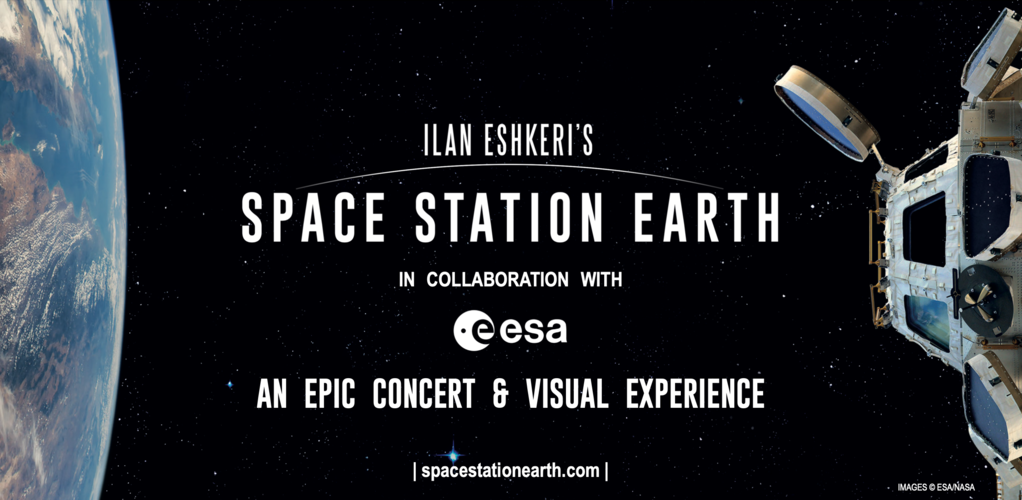
European dates for the ‘Space Station Earth’ immersive concert tour, have been announced this week.
Earth from Space: Shetland Islands

The Shetland Islands, an archipelago in the Northern Isles of Scotland, are featured in this Copernicus Sentinel-2 image.
Melt – ESA’s newly released documentary

Melt – ESA’s newly released documentary
Glaciers across the globe have lost over nine trillion tonnes of ice in half a century. How will glaciers look over the coming decades?

